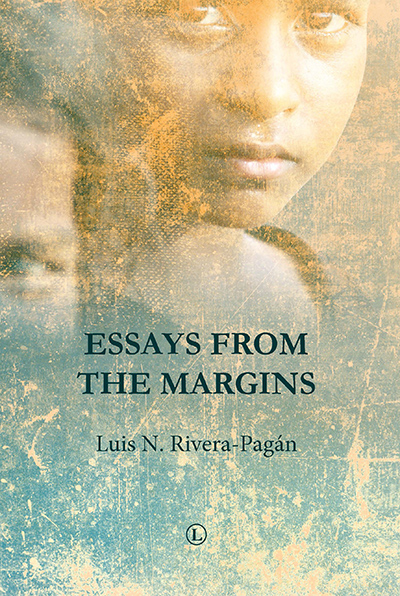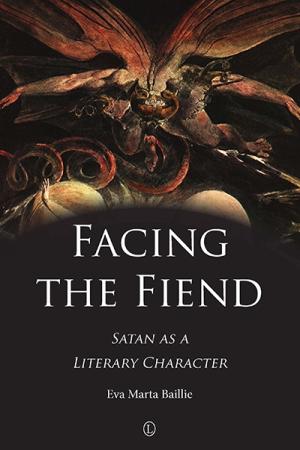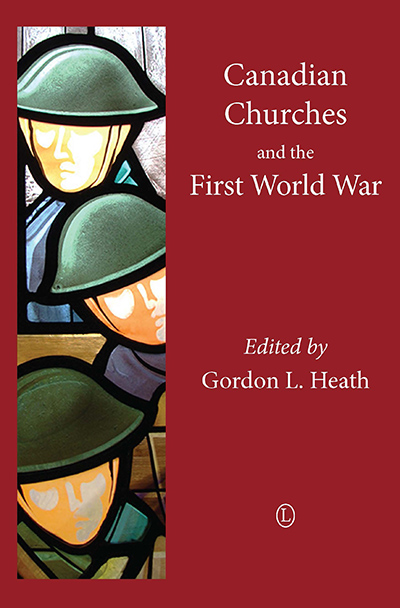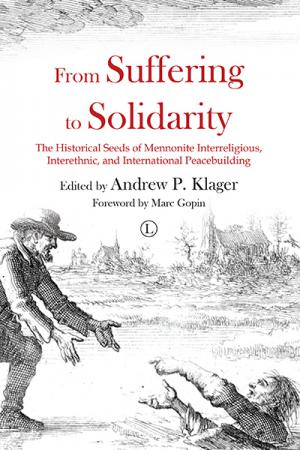Description
These essays emerge from different crucial and complex conflicts: from the memory of the sixteenth-century bishop Bartolomé de las Casas, urging the pope of his time to cleanse the church of complicity with violence, oppression, and slavery; from the lament and defiance of many Middle Eastern women, victims of male domination and wars; from the voices bursting out from the colonial margins that dare to question and transgress the norms and laws imposed by colonisers and conquerors; from the emerging and diverse theological disruptions of traditional orthodoxies and rigid dogmatisms; from the denial of human rights to immigrant communities, living in the shadows of opulent societies; from the use of the sacred Hebrew Scriptures to displace and dispossess the indigenous peoples of Palestine.
The essays belong to different intellectual genres and conceptual crossroads and are thus illustrative of the dialogic imagination that the Russian intellectual Mikhail Bakhtin considered basic to any serious intellectual enterprise. They are also the literary sediment of years of sharing lectures, dialogues, and debates in several academic institutions in the United States, Mexico, Argentina, Chile, Costa Rica, Malaysia, Switzerland, Germany, and Palestine.
About the Author
Luis N. Rivera-Pagán is the Henry Winters Luce Professor of Ecumenics and Mission Emeritus at Princeton Theological Seminary. He is the author of several books, among them Mito exilio y demonios: literatura y teología en América Latina (1996), and Ensayos teológicos desde el Caribe (2013), and the editor of God, in Your Grace …: Official Report of the Ninth Assembly of the World Council of Churches (2007).
Contents
Preface
1. A Prophetic Challenge to the Church: The Last Word of Bartolomé de las Casas
2. A View from Below: Female Lament and Defiance in Times of War
3. Listening and Engaging the Voices from the Margins: Postcolonial Observations from the Caribbean
4. God the Liberator: Theology, History, and Politics
5. Xenophilia or Xenophobia: Towards a Theology of Migration
6. Reading the Hebrew Bible in Solidarity with the Palestinian People
Bibliography
Endorsements and Reviews
Rivera-Pagán’s keen theological perspicacity is at its best in this critical and unswerving history that goes from biblical times to 16th-century West Indies and 21st-century West Bank, reclaiming the memory of the oppressed, the voices of the silenced, and the promises from the margins. This is a rousing read for candid historians and audacious theologians eager to not only learn from and combat tyranny past and present, but also embody liberative transfigurations.
Vítor Westhelle, Professor of Systematic Theology, Lutheran School of Theology, Chicago
These lectures display Rivera-Pagán’s theological insight and shrewdness …
Mark S. Medley, in Reviews in Religion & Theology, Vol 22:4
This book provides some profound and inspiring insights into complicated topics such as imperialism/colonialism, tragedy of war liberation, migration, and the Israel-Palestine issue, but the writing is accessible. The book is recommended for all levels of readers and theological institutions, particularly those interested in issues of peace and reconciliation, liberation theology and Christian ethics
Yin-An Chen, in Theological Book Review, Vol 28, No 2






